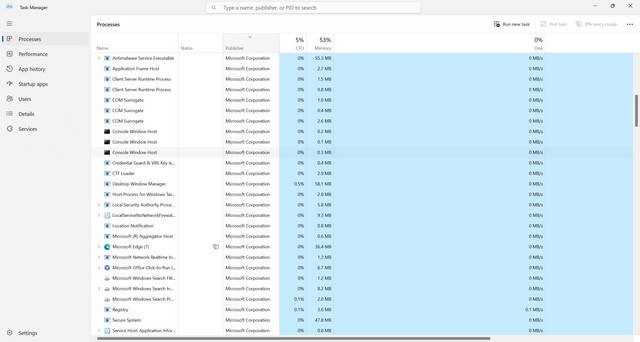If you have noticed a process called upc.exe running on your Windows computer, you might be wondering what it is and whether it is safe or not. In this blog post, we will explain what upc.exe is, how it got on your system, and whether you should remove it or not. We will also provide some tips on how to identify and remove malicious programs that may use the same name or a similar name as upc.exe. 
What is Upc.exe?
Upc.exe is a legitimate executable file that belongs to the Ubisoft Game Launcher, a software that allows you to play Ubisoft games on your PC. Upc.exe stands for Ubisoft PC Client and it is responsible for checking for updates, downloading patches, and launching games. Upc.exe is usually located in the C:\Program Files (x86)\Ubisoft\Ubisoft Game Launcher folder and its size is about 13 MB. You can verify the authenticity of the upc.exe file by right-clicking on it, selecting Properties, and checking the Digital Signatures tab. The file should be signed by Ubisoft Entertainment SA.Is Upc.exe Malware?
Upc.exe is not malware, but a genuine file from Ubisoft. However, some malware authors may use the same name or a similar name to disguise their malicious programs and trick users into running them. For example, there are reports of a Trojan horse named upc.exe that can steal personal information, download other malware, and open backdoors for remote attackers. This Trojan horse may be distributed through spam emails, malicious websites, or fake software updates. Therefore, it is important to verify the source and location of the upc.exe file on your system and scan it with a reputable antivirus program.Should I Remove Upc.exe?
If you are sure that the upc.exe file on your system is the original one from Ubisoft and you play Ubisoft games regularly, then you do not need to remove it. However, if you do not use the Ubisoft Game Launcher or you suspect that the upc.exe file is malicious, then you should remove it as soon as possible. To do so, you can follow these steps:- Open the Control Panel and go to Programs and Features.
- Find the Ubisoft Game Launcher in the list of installed programs and click on Uninstall.
- Follow the instructions to complete the uninstallation process.
- Restart your computer and check if the upc.exe process is gone from the Task Manager.
- If the upc.exe process is still present or you encounter any errors during the uninstallation, you can use a third-party tool like Malwarebytes to scan your system and remove any traces of malware.


![Remove Statizatod.com Pop-up Ads [Virus Removal Guide] 5 McAfee scam 4](https://malwaretips.com/blogs/wp-content/uploads/2023/08/McAfee-scam-4-290x290.jpg)
